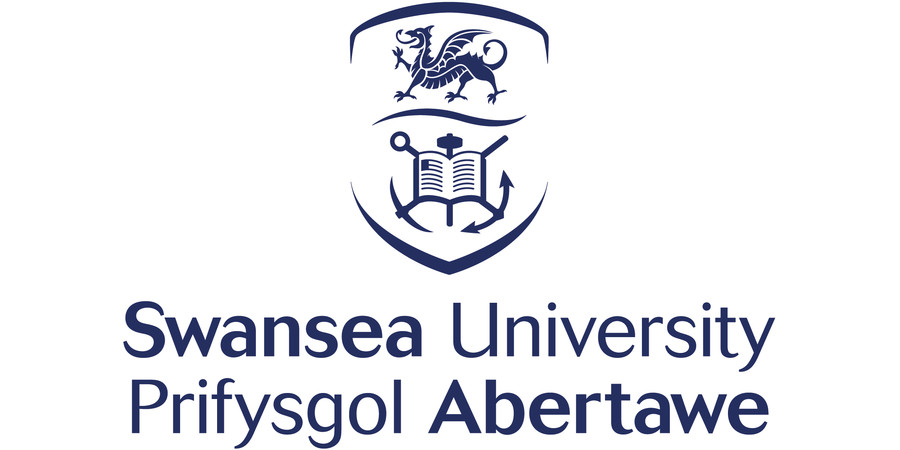PhD Studentship (Fully Funded) - Mechanics, Structural Vibration: Digital Approaches to Nonlinear Structural Dynamic Modelling
Swansea University - School of Aerospace, Civil, Electrical, and Mechanical Engineering
| Qualification Type: | PhD |
|---|---|
| Location: | Swansea |
| Funding for: | UK Students, International Students |
| Funding amount: | £20,780 Stipend + Tuition + Enhanced Stipend (EPSRC Engineering and Physical Sciences Research Council Funded) |
| Hours: | Full Time |
| Placed On: | 28th November 2025 |
|---|---|
| Closes: | 2nd February 2026 |
| Reference: | RS909 |
Identifying and validating models for complex structures featuring nonlinearity remains a cutting-edge challenge in structural dynamics, with applications spanning civil structures, microelectronics, and space hardware. This PhD research aims to develop a comprehensive Mode Selection Framework for Reduced Order Modelling (ROM) in Structural Dynamics—using machine learning to build robust, interpretable models from experimental and operational data.
The core goal is to balance model accuracy with computational efficiency, while meeting the needs of experimental validation. The framework will harness advanced techniques such as machine learning, optimization algorithms, and sensitivity analysis to automate and enhance the mode selection process. The result will be a scalable methodology that improves the performance of ROMs, making them more applicable to real-time structural health monitoring, vibration analysis, and control design.
This research offers real-world impact across several industries, including:
- Aerospace: Faster, more efficient design and real-time condition monitoring for safer aircraft and spacecraft.
- Civil Engineering: Real-time health monitoring for bridges and skyscrapers, enabling early detection of damage.
- Renewable Energy: Rapid, optimized design of wind turbine blades and structures for greener energy.
- Microstructures: Accurate, efficient analysis of devices like MEMS, with minimal computational cost.
By developing an advanced reduced order modelling framework, this project will empower engineers and designers to achieve more with less—delivering high-impact decisions quicker, with greater confidence, and at much lower cost.
The position is based at Swansea University and supervised in partnership with The Dyson Institute, funded by an EPSRC IDLA award allowing a generous stipend. It comes with substantial career development opportunities including funds for networking, research costs and training, and a placement at the Dyson Institute of at least 3 months. This placement would provide the candidate with great opportunities for engaging with industrial experts through real-life problems, presenting to industrial audiences in annual Dyson Institute conference week, and gaining practical experience. At Swansea, supervisors Dr Alexander Shaw and Dr Hadi Madinei have an extensive publication record in the area of nonlinear structural dynamics, and are part of Swansea’s prestigious Structural Dynamics research group within the Zienkiewicz Institute for Modelling Data and AI, and have access to excellent laboratory facilities. This is complemented by the experience of Dr Javad Taghipour and Dr Ugur Efem at the Dyson Institute. The ideal candidate will have an outstanding engineering or related background, preferably with some experimental or practical experience.
Funding:
Covers full tuition, £20,780 stipend (2025/26), a minimum enhanced stipend payment of £2000 per annum plus up to £1,000 yearly for research costs.
Location:
Swansea University,
Singleton Park,
Swansea,
SA2 8PP,
Wales,
UK
Please apply via the ‘Apply’ button above.
Advert information
Type / Role:
Subject Area(s):
Location(s):









